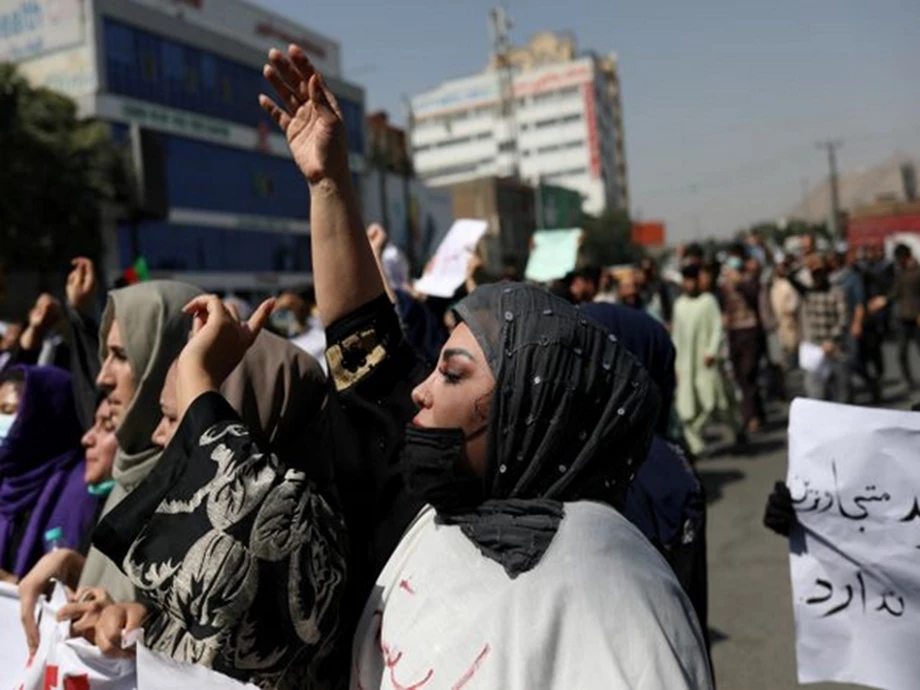Αfghan women have proved to the world that they are not passive victims to be pitied by the world or waiting for the United States and their international allies to liberate them. Nazila Jamshidi, writing in Afghan Diaspora Network said that even though women have been persecuted, detained, and tortured, they continued the non-violence resistance.
Afghan women do not wait for foreign liberators but are committed to maintaining their autonomy through activism and courage, added Jamshidi. A week ago marked 400 days since the Taliban blocked girls from attending secondary school. The misogyny entrenched in the fundamentalist Taliban regime is soaring and has undone women’s significant gains.
Restricting women’s right to education, protective judicial services, and health, combined with the deteriorating humanitarian crisis and economic collapse in the country, creates a breeding ground for violence against women and girls in a country that was already one of the worst places to be a woman. But women are not waiting for anyone to liberate them. Their fundamental rights under the Taliban are denied, but like other women worldwide, they fight for their right to become educated and to participate in society, reported Afghan Diaspora Network.
Standing alone against the world’s most oppressive regime, Afghan women have contested the belief that women were passive characters in their history, a victim and in need of liberation. They are constructing a new perspective on women’s role as change-makers in society. Since the Taliban took over Kabul, Afghan women have engaged in various forms of resistance, from directly protesting against the oppressors to keeping their resistance hidden.
From chanting, “do not be afraid, we are all together” a day after the occupation of Herat by the Taliban to “food, work, freedom,” and “fearless education” in Kabul and to building secret schools, women have defied the Taliban’s policies on women and never gave up the hope of freedom and equality. Women’s resistance is a counter-action to the Taliban’s overbearing policies. Afghan women have maintained their autonomy without reckoning the world will come to their rescue, despite their challenges, said Jamshidi.
Through their writings, Afghan women, inside and outside the country, form an honest account of women’s resilience and highlight the complexity of life in society under the control of the fundamentalist group. Lina Rozbih, a prominent Afghan woman poet, has been actively writing and producing a collection of poems in Dari that illustrate narratives of women and girls in Afghanistan. She resists patriarchal structures and acceptance of the violation of human rights under the name of religion through her poetry.
Afghan women activists across the globe write women’s stories and their circumstances through their personal websites, blogs, and social media, which reflect their opposition and awakening against oppression, marginalization, and misogyny, reported Afghan Diaspora Network. Rukhshana Media, Zan TV, and Ravi Zan, the news website run by Afghan women journalists, publish articles and updated news on new restrictions and violence against women and girls in various provinces of the country.

